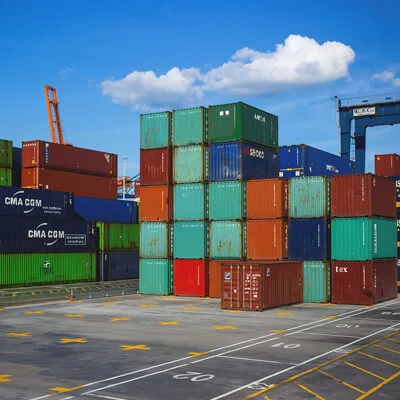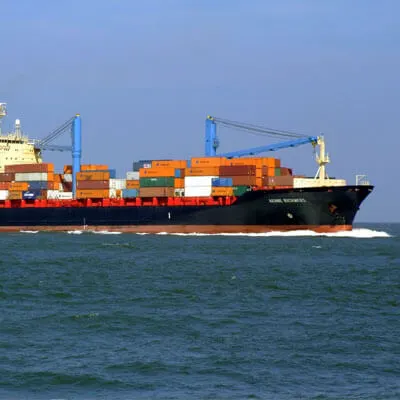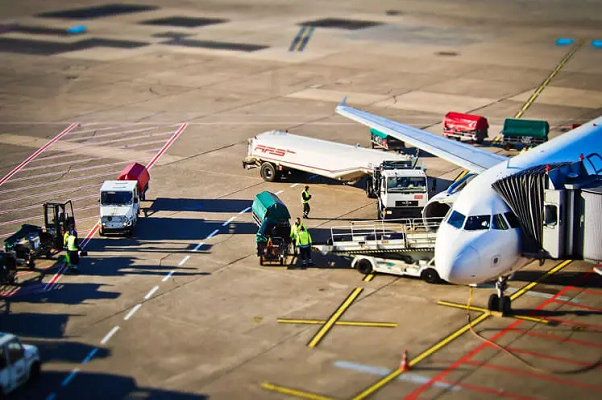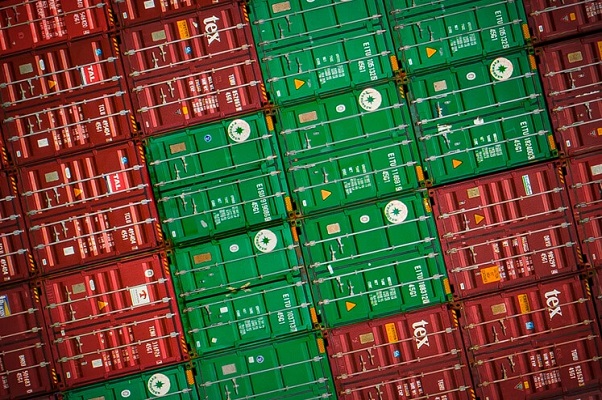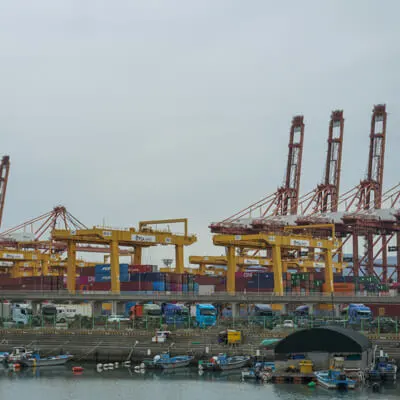+
CPT, or Carriage Paid To, is an Incoterm that defines the seller's obligation to cover all costs required to transport goods to an agreed destination. However, the buyer is responsible for import duties, local delivery, and unloading charges.
Under CPT, liability transfers from the seller to the buyer once the goods are handed over to the first carrier, typically at the origin port. This term is suitable for all modes of transportation and resembles the FCA (Free Carrier) agreement, except that CPT lacks a clearly defined delivery point. Though CPT is not a widely used Incoterm, it is practical in specific situations. This guide will explore the responsibilities, advantages, disadvantages, and the optimal circumstances for using CPT.
CPT can be a complex Incoterm because it requires both the buyer and seller to define two critical locations:
1.Delivery Point: Where the seller transfers goods to their contracted carrier, marking the start of the buyer's risk.
2.Destination: The location where the goods are transported, with shipping costs covered by the seller.
While the seller assumes responsibility for shipping costs to the destination, the buyer assumes the risk once the goods are handed over to the carrier. Payment obligations for the buyer begin at this point.
Under the CPT Incoterm, the seller must fulfill the following obligations:
1.Export Packaging: Ensure the goods are packed securely for transport.
2.Loading Charges: Cover any costs related to loading goods at their facility.
3.Delivery to Port or Export Location: Handle transportation to the departure point.
4.Origin Terminal Handling Charges (OTHC): Pay handling fees at the terminal of origin.
5.Loading on Carriage: Cover costs for loading goods onto the carrier.
6.Freight Charges: Bear shipping costs to the destination.
7.Destination Terminal Handling Charges (DTHC): Pay for handling costs at the destination terminal.
The buyer's obligations under a CPT agreement include:
1.Insurance: Optional but recommended, buyers can arrange freight insurance at their own expense or negotiate terms with the seller before purchase.
2.Delivery to Final Destination: Pay for transportation from the carrier's unloading point to the final destination.
3.Unloading Fees: Cover any costs associated with unloading goods at their warehouse.
4.Import Duties, Taxes, and Customs Clearance: Handle import procedures, including fees, inspections, and penalties.
CPT offers several advantages for buyers, including reduced risk when payment terms specify that goods are paid for upon arrival at the agreed destination. The seller assumes responsibility for export requirements and provides key documents such as the Bill of Lading or Airway Bill.
CPT can also benefit buyers who have agents managing customs clearance at the destination. This is particularly useful for experienced importers who can negotiate specific terms to their advantage.
Despite its benefits, CPT has several disadvantages:
Payment Without Cargo Visibility: Buyers must pay for goods when the seller transfers them to the carrier, often without knowing the shipment's exact location or status.
Unknown Carrier Information: If the seller does not disclose the carrier's identity, buyers may face challenges in managing logistics or coordinating with the carrier.
Transit Clearance Responsibility: Buyers must handle transit clearance if goods pass through other countries, which can be challenging without prior coordination.
Complications with Multiple Carriers: When shipping via air or sea freight, CPT can become problematic due to involvement of multiple carriers, making tracking and coordination more difficult.
Letter of Credit Issues: Using a Letter of Credit (LC) under CPT can be complex, as discrepancies in the shipping route or delays may create conflicts with the payment terms.
CPT works well for overland transportation or cross-border shipments where the seller manages the logistics across multiple countries. For instance, CPT can be advantageous when shipping goods from one country to another by truck or rail.
CPT for Chinese Imports: Is It a Good Idea?
CPT is not typically recommended for buyers importing from China to regions like Europe, North America, or Australia. In most cases, the FOB (Free on Board) Incoterm is a better option for such shipments. However, CPT may be effective for cross-border trade, such as transporting goods from Mainland China to Hong Kong.
For tailored shipping solutions, consulting a freight forwarder like Guided Imports can ensure the best logistics approach for your needs.
Does CPT Include Insurance?
No, freight insurance is not included under CPT. Buyers must arrange insurance separately.
How Does CPT Differ from CIF?
Unlike CIF, which is limited to sea and inland waterway transport and includes insurance, CPT can be used for any mode of transport and does not require the seller to provide insurance.
What Is the Difference Between CPT and DDP?
Under DDP, the seller delivers goods to the buyer’s specified location, covering import duties and fees. In CPT, risk transfers to the buyer once the goods are handed over to the carrier, and import duties remain the buyer’s responsibility.
As a leading 3PL service provider, GOWIN offers a wide range of logistics services under CPT (Carriage Paid To) terms, delivering valuable support to both buyers and sellers in international trade.
For sellers, GOWIN provides logistics coordination to arrange transportation to the specified destination, documentation assistance for shipping documents, and customs clearance support at the origin. We also help sellers select reliable carriers, ensuring that goods are transported efficiently and cost-effectively in accordance with CPT terms.
For buyers, GOWIN offers assistance with insurance procurement, as they are responsible for covering risks once the goods are handed over to the first carrier. Additionally, we provide real-time tracking and updates, customs clearance at the destination, and post-delivery services such as warehousing, distribution, and last-mile delivery.
With our expert advice on international trade regulations, risk management, and freight forwarding, GOWIN ensures a smooth and efficient process for both buyers and sellers, enhancing the overall shipping experience under CPT terms.

